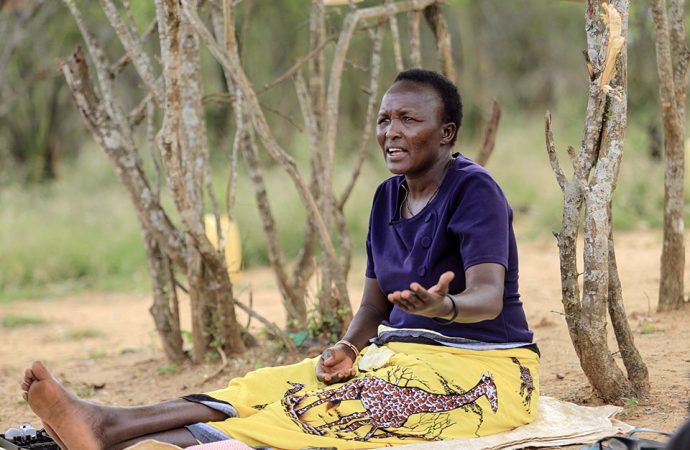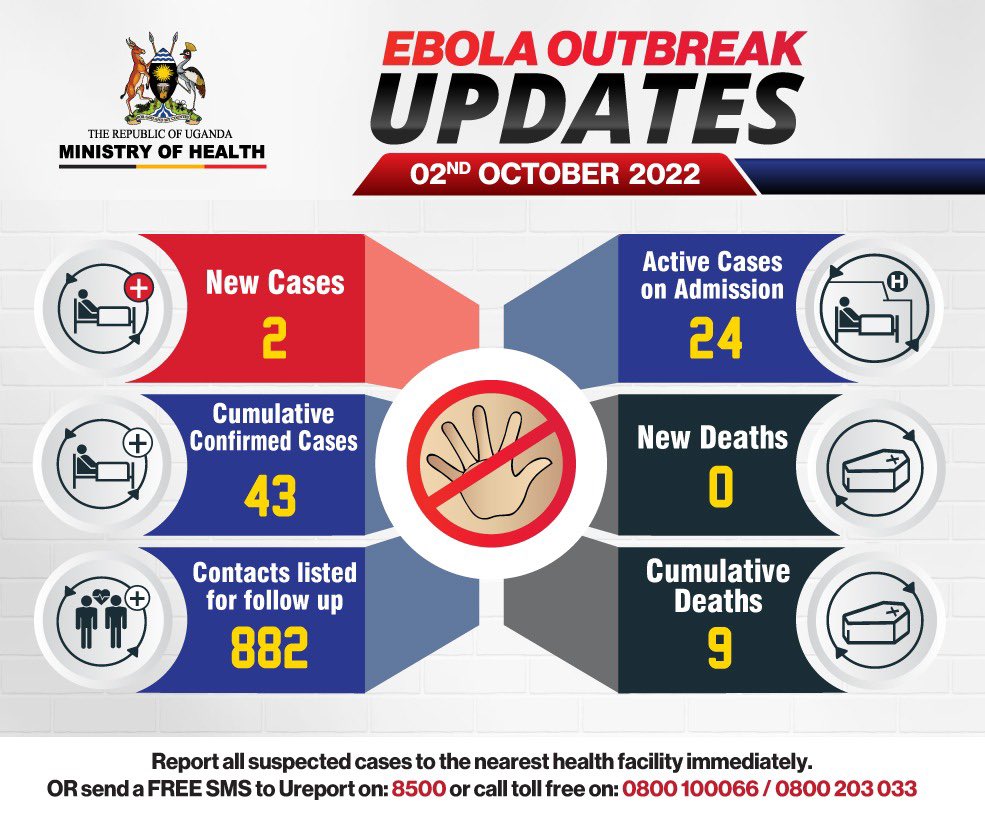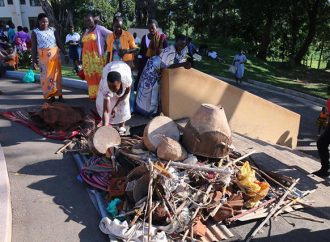The International Day of Zero Tolerance for FGM is observed every 6th February. During this time all stake holders involved in ending this dehumanizing practice have the opportunity to celebrate achievements and advocate for the abandonment of the practice. At least 200 million girls and Women alive today living in 31 countries have undergone FGM.
The International Day of Zero Tolerance for FGM is observed every 6th February. During this time all stake holders involved in ending this dehumanizing practice have the opportunity to celebrate achievements and advocate for the abandonment of the practice.
At least 200 million girls and Women alive today living in 31 countries have undergone FGM.
In 2010, the government of Uganda made FGM illegal and since then, with many programs to end the practice, it prevalence declined. The biggest issue today in its fight is however cross boarder FGM showing gaps in the cross boarder law against the same.
FGM refers to all procedures involving partial or total removal of the female external genitalia or other injury of the female genital organs fir non-medical reasons.
According to the Uganda Demographic Health Survey (UDHS) report, in 2016, the national prevalence of the practice among girls and women 15-49 years was determined to be 0.32%, a decline from 0.64%, which was reported in 2006. These overall low rates mask significant variations in incidence across geographic regions and ethnic groups.
The vast majority of FGM takes place in the regions of Karamoja and Sebei, where overall prevalence is reported to be 26.7%. Six districts are said to have exceptionally high rates, including Moroto, Nakapiripirit and Amudat (Karamoja); Kween, Kapchorwa and Bukwo (Sebei).
Prevalence rates in some sub-counties are as high as 67.3% (in Tapac, Moroto District) and 56% (in Loroo, Amudat District). Several other sub-counties have rates above 50%.
“I bled over and bled the whole day, and my parents were worried, other girls were also worried since I was over bleeding and things were not working well. Some of them feared to undergo FGM as result of me over bleeding but they were forced by their parents to do it,” remembers Priscilla Nangiro, one victim of FGM who later become its practitioner.
Close to 95% of girls and women in her Pokot community have undergone female genital mutilation (FGM), a harmful practice that involves the removal or injury of external female genital organs for non-medical reasons. It is a violation of women’s human rights and can have devastating health consequences that include hemorrhaging, infection, chronic pain, childbirth complications and in severe cases, death.
UN Women is working with the NGO, Communication for Development Foundation Uganda (CDFU), supported by the Spotlight Initiative, to drive out the practice of FGM in rural communities in Uganda. The program uses a methodology called “SASA!” – a comprehensive model that has had much success in changing harmful social norms through community engagement around the world, and particularly in Africa.
Courtesy photo.































Leave a Comment
Your email address will not be published. Required fields are marked with *